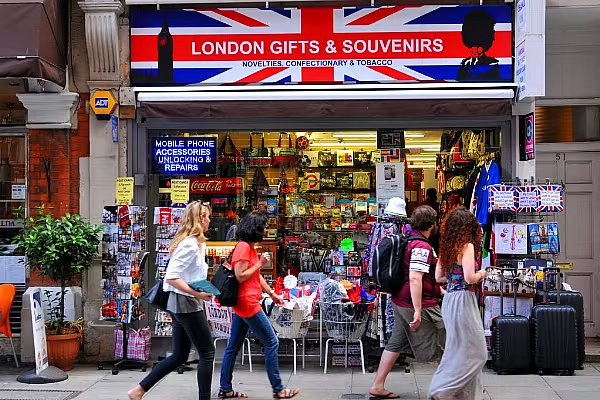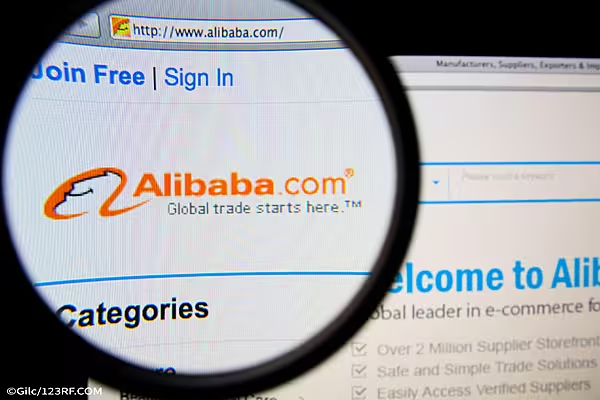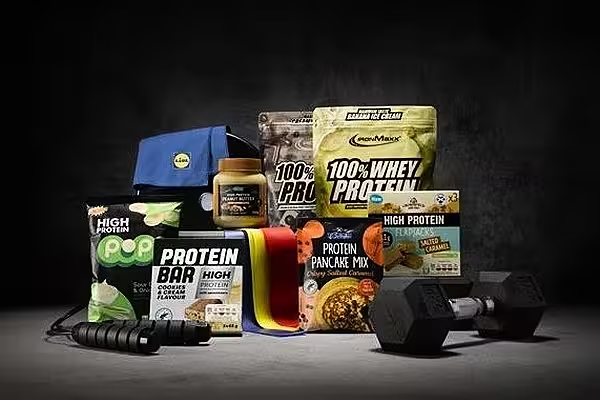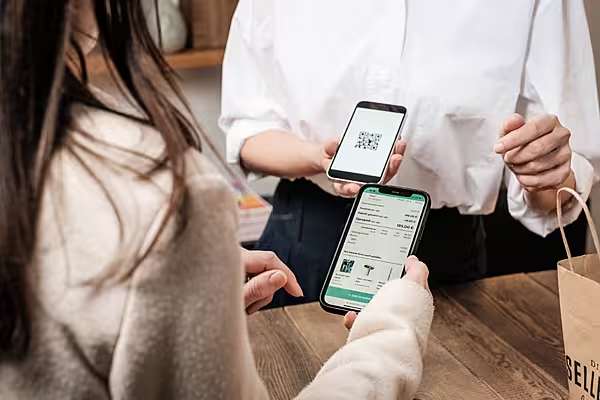As lockdown restrictions ease and shops reopen in Britain, the issue of whether enough customers will feel sufficiently confident to return to the high street has become a worry for a number of retailers.
Although anxiety existed before the pandemic, (up to 5% of the UK population is affected by a general anxiety disorder), worries about contracting COVID-19 are leading to new concerns while the uncertainty continues. One issue that has emerged is shopping anxiety.
Even before the pandemic, shoppers disliked crowds and were put off from shopping in busy locations, if not all together. And with rates of COVID-19 infections still high – 1,700 cases per day in the UK and 18,403 per week – feelings of restlessness and tension while shopping are rising.
These anxieties are intensified by concerns about crowding, especially in stores and small shops. During the pandemic, many shoppers have shifted from offline to online shopping to avoid catching the virus, opting for deliveries or picking groceries up in store later, avoiding possible queues.
Online Shopping
A recent report by management consulting firm McKinsey shows that about 15% of European consumers surveyed have shopped for groceries on a website that they had never used before the pandemic.
But while the value of online retail sales in the UK moved from £76 billion in 2019 to £99 billion in 2020, these figures aren’t all positive.
Keeping consumers loyal to physical stores is fundamental for the survival of the high street, which has faced continuous decline since 2015 largely due to an increase in online shopping and declining salaries.
If high street retailers fail to attract shoppers, they won’t fully recover from the downturn that the pandemic has further accelerated. So how can this situation be avoided?
People who do venture out of the house could start taking extra steps to protect themselves from COVID-19 could become more popular as cases rise.
Following advice from experts about the merits of having double, triple or quadruple layers in face masks, more consumers may start doing this when out in public spaces like supermarkets.
In-Store Technology
Research conducted by The Conversation also found that people are relying more on in-store technology to feel safe. Crowd-checking technologies, for example, work to help shoppers to plan their visit in advance by providing real-time estimates of crowding levels in stores.
Already implemented in some shopping centres and large supermarkets in the UK, the technology lets users know that a particular store is in one of three categories: the shop is quiet/it’s a great time to visit; the shop is quite busy/there may be some queues; and the shop is very busy/allow extra time for your visit.
Having studied the effects of 150 British shoppers using the technology, the study concluded that it is likely to be adopted more widely as an anxiety buffer for customers.
It also found that although the pandemic is disrupting old loyalties and established habits, 70% of shoppers would use this technology to decide whether to visit a certain store. Among the people in participating in the study, it reduced shopping anxiety by 80%.
Sense Of Relief
Shoppers who feel lower anxiety also enjoy a sense of relief that translates into willingness to comply with safety measures and feeling a stronger emotional bond with the store.
Not only does this technology help consumers to feel reassured about the risks of being around others in crowds or queues, it also helps retailers to efficiently manage the flow of shoppers inside stores while providing a safer and more pleasant shopping experience.
Further roll-out of technologies like these may help to ease shopping anxiety during the pandemic and the emerging stress during traditionally busy shopping periods like Christmas and Black Friday.
Along with the encouraging figures on COVID-19 vaccine distribution in the UK, this could help to make us more cautiously optimistic about shopping, hopefully leading to a brighter future for the high street.
News by Reuters, edited by ESM. Click subscribe to sign up to ESM: European Supermarket Magazine.














